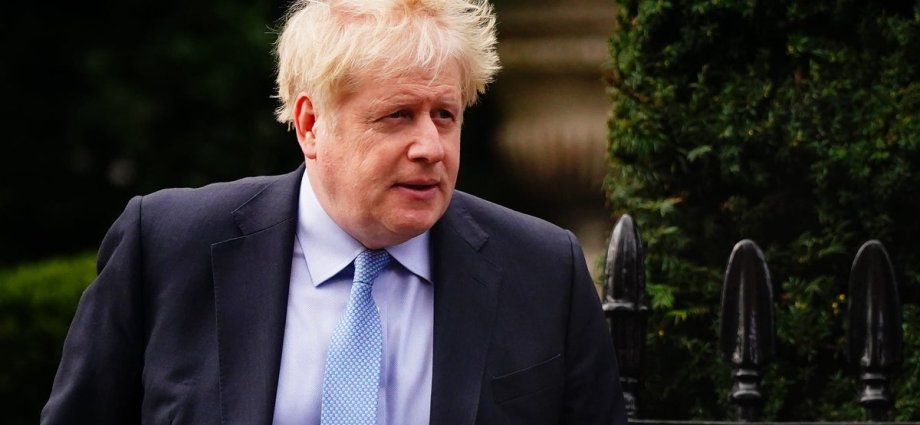The department brought legal action over inquiry chairwoman Baroness Heather Hallett’s order to release the documents, arguing it should not have to hand over material that is “unambiguously irrelevant”.
But in a High Court ruling on Thursday, Lord Justice Dingemans and Mr Justice Garnham dismissed the claim for judicial review.
The two judges concluded that the UK Covid-19 Inquiry chairwoman had “acted rationally” when making her order to view WhatsApp messages in a group chat, which had been set-up to communicate about the Government’s Covid response.
The ruling said: “Another class of documents sought were the specific threads of WhatsApp messages exchanged between ministers and advisers who were dealing with the Covid-19 pandemic.
“The diaries and notebooks sought were very likely to contain information about decision making relating to the Covid-19 pandemic and therefore ‘relate to a matter in question at the inquiry’.”
The judges said that the fact an order for material would produce “some irrelevant documents” did not “invalidate” it or mean it “cannot be lawfully exercised”.
The ruling said the Cabinet Office could make a different application to Lady Hallett.
In response, the Government said the ruling means “that the inquiry chair is able to see the information she may deem relevant” but it would work to respect “the privacy of individuals” when handing over any WhatsApp messages.
Covid-19 Bereaved Families For Justice UK spokesperson Deborah Doyle said the judicial review was a “desperate waste of time and money”.
“The inquiry needs to get to the facts if the country is to learn lessons that will save lives in the future.
“That means it needs to be able to access all of the evidence, not just what the Cabinet Office wants it to see.”
A lawyer for the group, Elkan Abrahamson, said the ruling will ensure the Covid inquiry gets “to the truth”.
“Without full access to all relevant evidence the integrity of the inquiry would have been further undermined and left toothless by the very Government that set it up,” he said.
At a hearing last month, Cabinet Office lawyers argued that the inquiry does not have the legal power to force ministers to release documents and messages it says cover matters “unconnected to the Government’s handling of Covid”.
However, Hugo Keith KC, for the inquiry chairwoman, said the idea that the Cabinet Office could decide which aspects were relevant “would emasculate this and future inquiries”.
And Lord David Pannick KC, on behalf of the former prime minister, argued there is a “real danger” of undermining public confidence in the process if the department wins its bid.
The Government took the highly unusual step of launching the challenge in June, in a move which attracted criticism after days of public wrangling between the Cabinet Office and Lady Hallett’s probe.
But the Government promised on Thursday to “comply fully” with the High Court decision.
A spokesperson said: “The inquiry is an important step to learn lessons from the pandemic and the Government is co-operating in the spirit of candour and transparency.
“As this judgment acknowledges, our judicial review application was valid as it raised issues over the application of the Inquiries Act 2005 that have now been clarified.
“The court’s judgment is a sensible resolution and will mean that the inquiry chair is able to see the information she may deem relevant, but we can work together to have an arrangement that respects the privacy of individuals and ensures completely irrelevant information is returned and not retained.”
The High Court ruling stated that the inquiry chairwoman would return any documents that were “obviously irrelevant”.
Boris Johnson handed over his unredacted WhatsApp messages, diaries and 24 notebooks to the Cabinet Office in late May.
Mr Johnson himself backed Lady Hallett, who rejected the argument that the material was irrelevant in a May ruling.











